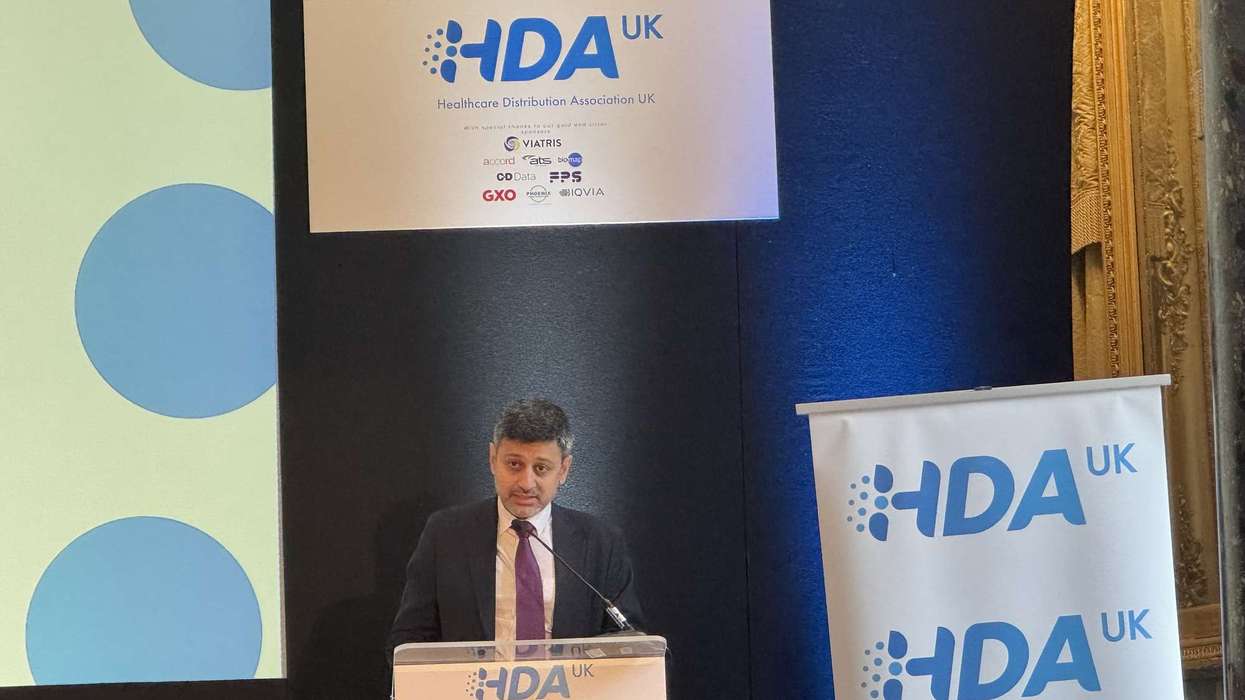In a breakthrough in leukaemia research, scientists in the UK have tested a chemotherapy-free approach, involving a combination of targeted drugs, which may offer better outcomes.
The new treatment could radically change the way chronic lymphocytic leukaemia (CLL), the most common form of leukaemia in adults, is treated.
Researchers from Leeds wanted to assess whether two targeted cancer drugs could perform better than chemotherapy among patients with CLL.
They conducted a Flair trial at 96 cancer centres across the UK involving 786 people.
People with previously untreated CLL were randomly assigned to receive standard chemotherapy; a single targeted drug, ibrutinib, or two targeted drugs taken together, ibrutinib and venetoclax.
Ibrutinib is a cancer growth blocker that stops signals the cancer cells use to divide and grow.
Venetoclax blocks the functions of a protein found in CLL cells.
Researchers found that after five years, 94 per cent of patients who received ibrutinib plus venetoclax were alive with no disease progression.
That compared with 79 per cent for those on ibrutinib alone and 58 per cent for those on chemotherapy.
The study has been published in the New England Journal of Medicine and presented to the European Haematology Association congress in Milan, Italy.
Meanwhile, 66 per cent of patients on the new combination had no detectable cancer in their bone marrow after two years, compared with none of the people who received ibrutinib alone and 48 per cent on chemotherapy.
Dr Talha Munir, consultant haematologist at Leeds Teaching Hospitals NHS Trust, who led the study, described the trial outcome as a "milestone".
Dr Iain Foulkes, executive director, Cancer Research UK, which funded the trial along with AbbVie, and Johnson and Johnson, expressed satisfaction with the outcome and observed it could lead to a more targeted treatment of CLL.












